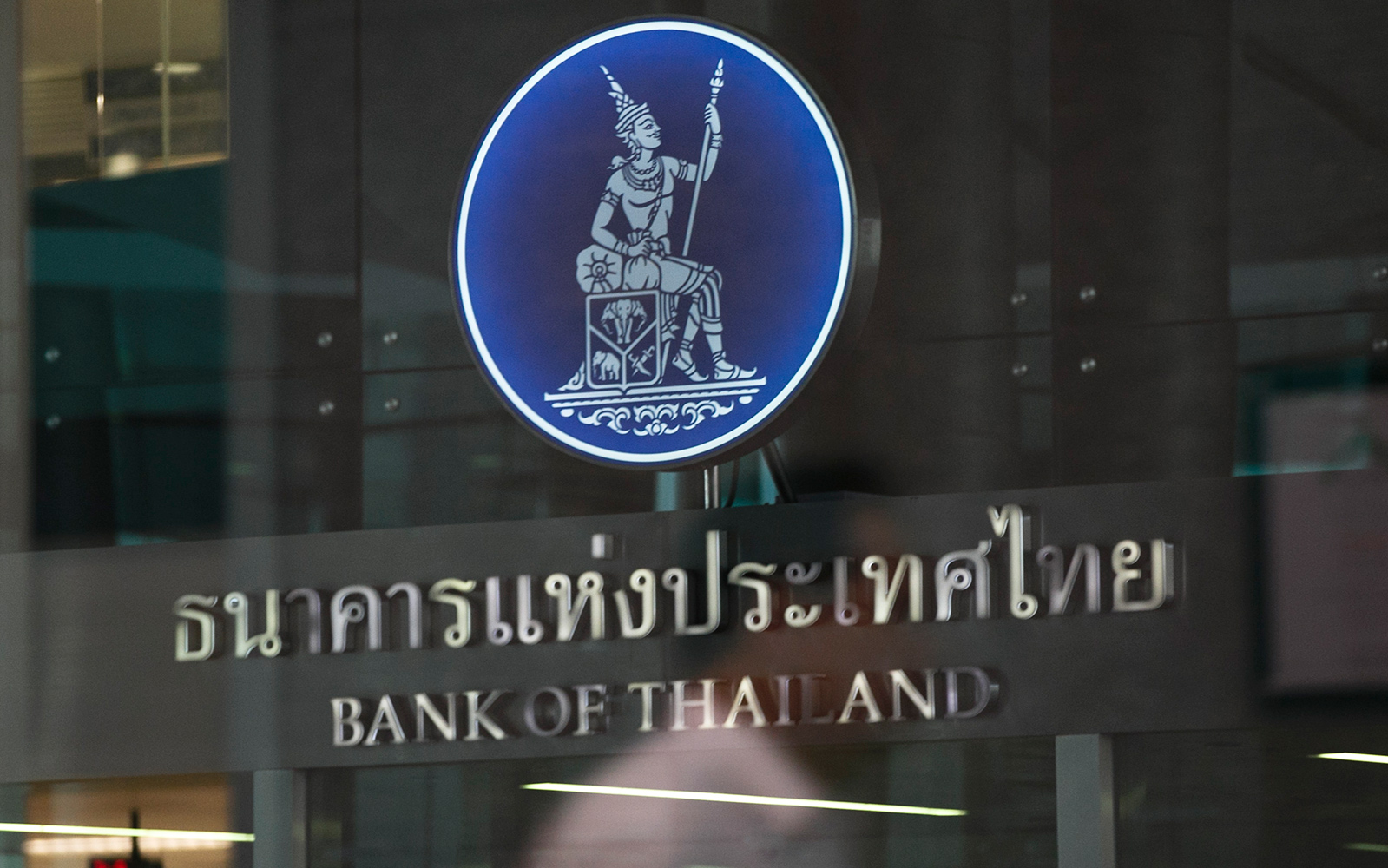
The Bank of Thailand plans to let banks adopt biometric technology to verify identity when opening deposit accounts by the third quarter this year.
The central bank expects to gradually permit financial institutions to use biometric technology for electronic Know Your Customer (e-KYC). The service is being tested in the regulatory sandbox, with exits scheduled for the third quarter, said Siritida Panomwan Na Ayudhya, assistant governor for the central bank's payment systems policy and financial group.
The biometric technology includes facial recognition and fingerprint scan.
Twelve financial institutions, both banks and non-bank firms, are testing out e-KYC in the regulatory sandbox. Siam Commercial Bank, Kasikornbank and Bank of Ayudhya are known to be among them.
Digital lending will follow the central bank's approval of biometric verification.
The Bank of Thailand has not set a specific time frame for e-KYC use for other financial services, saying the readiness of financial institutions will govern decisions.
The new technology is expected to boost security, build consumer confidence and improve access to financial services, particularly for those in remote areas.
"On average, tens of thousands of new deposit accounts per month are opened at a local large bank," Ms Siritida said. "With e-KYC technology, new account openings are expected to increase."
A national digital ID company is testing citizens' digital IDs and authenticating them under the government scheme, which is expected to be introduced later this year.
The e-KYC projects are meant to strengthen the country's financial system and improve operating efficiency in the digital era.
Ms Siritida said mobile banking transactions increased significantly after banks waived fees for digital transactions.
An average of 100 mobile banking transactions are made per user per year, up from 50-60 a year ago.
Registrants of PromptPay, the national e-payment platform, have continued to increase to 48 million. For QR code payment, the number of merchants that accept the payment has reached 4.9 million, up from 3-million-plus at the end of last year.
Ms Siritida said other innovative technologies tested in the central bank's regulatory sandbox include machine learning, while commercial banks have also applied for the central bank's new business licences, including electronic wallet and peer-to-peer lending, to meet customer demand.